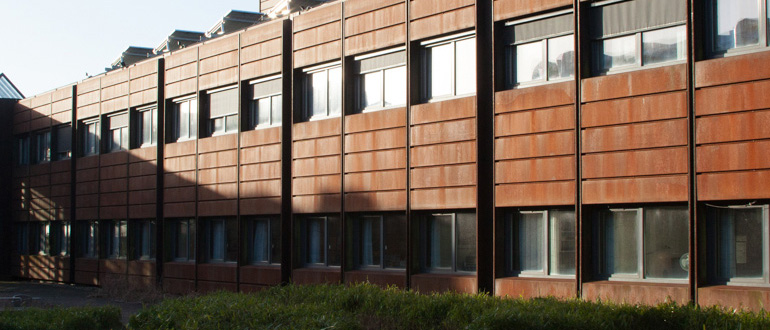This CLF report describes the results of a study of rural tourism in Denmark; partly the tourism directly related to agriculture often mentioned as farm tourism, and partly small-scale tourism in the countryside, mostly in the form of bed-and-breakfast. The study has been carried out at the Danish Centre for Rural Research (CLF) commissioned by the Danish Food Industry Agency (FødevareErhverv). This was based on interest in an assessment of the possibilities for innovation in rural tourism, the assumption being that there are a number of economic, logistic and planning related barriers for those who want to develop tourism products in the Danish countryside outside traditional tourism areas.
In order to be able to formulate useful recommendations, we have looked further at the concepts of rural tourism and agritourism/farm tourism, since those concepts are used in a variety of meanings and with differing definitions, for statistical as well as for marketing purposes. Further, we have adopted an institutional approach for mapping of the networks where collaboration and development of rural tourism take place. Particular attention has been given to public authorities involved with business and tourism development and the agricultural associations in charge of specialized consultancy services.
A review and comparison of existing statistics for tourism and agriculture in Denmark shows that currently farm-based tourism is of little importance for tourism turnover, for employment in the agricultural sector and for the economy of the individual farm. Of around 45,000 full and part-time farms in Denmark in 2007, only around 1 % was engaged in some form of tourism activity, and according to official statistics they contributed around 40m DKK (5.4m EUR) to the tourism sector turnover.
The empirical part of the study has included: interviews with key persons within rural tourism in Denmark; interviews with key informants at municipal level, set-up and carrying out of an on-line survey among rural tourism hosts. Further, a series of in total 10 interviews with hosts were carried out in rural parts of the four Danish regions, where agriculture is of some importance. Throughout the study examples of good and innovative practices have been collected and described. This goes for farms with agriculture as the main activity, as well as for hosts on former farms or farm buildings with tourism as the main activity or part-time activity beside paid work elsewhere.
The answers to a number of value-oriented and opinion-based questions show that hosts have benefited from network collaboration on national and local level, from involvement in trade associations and from collaboration with local tourist agencies. Still, they want municipalities and regions to play a larger role in connection with development of rural tourism in the respective areas. This is seen as more important than provision of financial support. In a summarising SWOT-analysis, we come up with a number of recommendations for strengthening the competences of the hosts and for improving the framework conditions for development and innovation within relevant fields as well as some follow-up activities.
